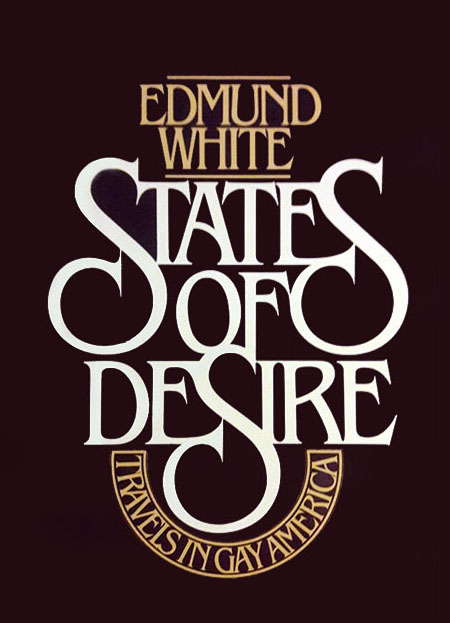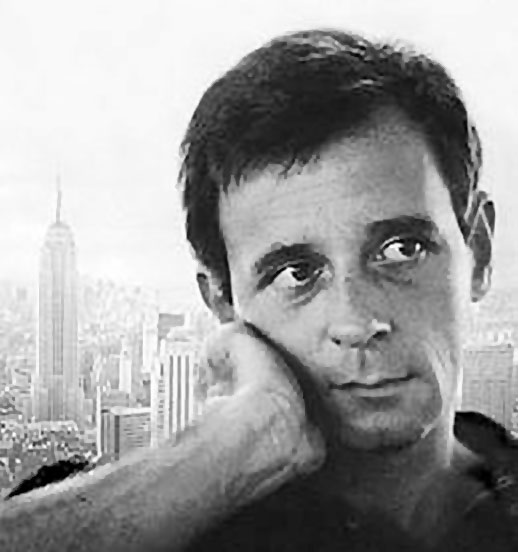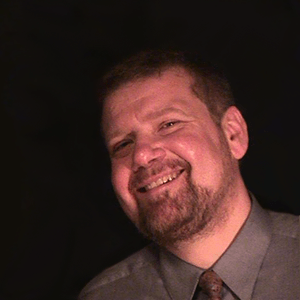He's a pussycat—who can bare his claws
"He's a literary monster," confided one well-known gay novelist. "Edmund White thinks he's a czar of the homosexual writer's movement," added the same author. And yet, claims an intimate friend of both, "He's a peach...a dreamboat...the sort of person to cuddle up with late at night."
To those who know him well, Ed White comes across as a strong, quiet man with many tender places in his psyche—a momma's boy who not only talks to her regularly (every Sunday afternoon, he confides) but has had a book privately printed to honor her. The kindness extends to other areas of his life as well. He goes out of his way to lend support to many gay writers, a habit he hides lest some accuse him of literary cliquishness.
Deservedly, one can now write that novelist Edmund White needs little in the way of an introduction to a reading audience. His second novel, Nocturnes fo the King of Naples (Penguin Books), betrays a rococo brilliance while his portrait of homosexual America, States of Desire (recently reissued in paperback; Bantam, $3.95) has spurred comparisons to that other famous chronicler, deTocqueville.

In the year since States was first published, Ed has granted over 40 interviews to the gay press. His wonderful robin's eyes cloud over with boredom as I begin things, and I can almost hear the cassette tapes playing in his brain, answers ready and waiting on topics that journalists have queried him about dozens of times.
I try to annihilate the boredom by dishing a well-known theatrical personality. The trick works; Ed's mood radically shifts. "Oh, him," he begins. "You know I don't like him. Why do you keep mentioning him?"
I stare at Ed poker-faced. "I like both of you, but for very different reasons," I temporize.
"He is just a mess, not to mention a pig," Ed allows. "He's skinnier than the railings at Penn jStation and in the summer he runs around in a farmer's outfit that barely clings to him. Not to mention that face...permanently startled, as if thunder and lightning had struck him blind. What an hors d'oeuvre of a person!"
Those great limpid eyes of his are blazing at me, and all I can concentrate on is his voice, its purple sing-song nature like some Berlioz opera, devastatingly ugly at one moment and scathingly civilized the next.
We must try a new tack, I think; this is no way to begin an interview with America's most celebrated gay writer. So as Ed turns down the Mahler Das Lied von der Erde on the stereo in his Greenwich Village efficiency, I flip on the tape recorder, feeling myself suddenly stuffy, Brenda Starr on the serious side.
Since we started out on gossip, I try to nail down a rumor on why a planned chapter on Toronto was omitted from the paperback States.
"Canadian friends of mine were very incensed by the prospect of my doing one chapter on their country in a book that had the word 'States' in the title. They thought it was just one more example of American cultural chauvinism," he claims. "So I certainly saw their point."
As a cynic who regularly interprets these noble political sentiments as so much ignoble posturing, I ask Ed whether his Maple Leaf peers were appeased. "Well, the fascinating element here is that the person who wrote me the most vociferous letter—all on the basis of thses high-minded ideals—I later discovered was doing his own book about Canada. He simply wanted me out of the picture."
How typical, methinks, and yet I know that even the first conception of States of Desire was rumored to lack chapters on two of America's greatest cities, Boston and Washington. Can one blame Ed for this when his book also—as he is well aware—pointedly ignores lesbian America?
"But what was I to do?" he replies justifiably. "In Kansas City was I to go into a lesbian bar where no man has since the beginning of time? Was I supposed to go into an all-lesbian commune in New England?" His anger is roaring along marvelously, like the indignation of a Billy deWolfe.
"The truth of the matter is that gay men differ from lesbians far more sharply than straight men differ from straight women. Lesbians represent an extreme of what women are about, just as gay men constitute an extreme of male culture. So you have a real dichotomoy that is far more radical in degree than what you would find in the straight world where, after all, the two sexes do love each other and constantly interact."
"But hasn't it gotten worse," I ask, "don't gay men virtually ignore the lesbian experience anymore?"

"Well," he is saying, and I'm suddenly feeling the cold, not paying attention to what he is articulating, "well, I often blame the men, I really do. These thick-skinned, idiotic gay men seem to have no understanding of what it would be like to be a woman. These mastodons are actually less sensitive to feminist issues than straight men are. Straight men, after all, do love women, do want to please them, and if they have any wits at all about them they know how to respond."
"Isn't this Marxist rigamarole, Ed?" the Archie Bunker in me is thinking. "Do you still approach gay America with the same left-of-center point of view?"
"If there is one thing about States of Desire that I could change, that would be it," he nods. "Since I've written the book I've been heavily influenced by Michel Foucault (a French political theorist). I really do feel that Foucault's analysis is far more preferable to my paranoid-Marxist-one-big-answer-dialectical-materialism approach to things, which is idiotic. I really do think that the Marxist view of history—that they are manipulating us—is ridiculous. The conspiracy view of history is really wrong."
Still, the burned-out, despondent political view of the 1980s holds no sway with White. "It's true that the self-designated gay political leadership is tiny and meaningless at this point. But while gay civil rights legislation may not progress at the state and local level, I place much hope in the growing trend of the greater and greater social acceptance of lesbianism and homosexuality as a way of life."
"I can be shitting in a michigan restaurant listening to the people in the next booth and a woman in her 50s will say to her dining companion, 'Yeah, the guy I work with is gay.' The subject would not have been mentioned 19 years ago; the word 'gay' wouldn't have been used."
"So I would say that Ronald Reagan and a Republican Senate are not necessarily a dark sign. There is a heartening liberalizing trend in this country that indicates a slow drift toward progress. That is not a meaningless kind of change."
Yet isn't the current political pessimism very much a product of the gay press? Isn't there a dearth of really good gay journalists?
"There are many good gay journalists," he responds, "and there is one great one: Larry Bush."
"But the biggest prolem with the gay press is that it avoids addressing national issues from a gay point of view. Rather than headlining the inability of a lesbian to be named bishop of a diocese, the headline should be dealing with abortion...we know from opinion surveys that the people who oppose abortion also oppose homosexuality. But if a newspaper is gay-male-dominated, issues like this will be ignored. These are linked issues and an editor should always keep this in mind."
Heave. Heave. Heavey. Somehow I don't think that this message would have carried well at the recent Gay Press Association meeting in Manhattan, whre aside from a woman from the D.C. Blade and the Gay News' Sally Tyre, virtually the only important lesbian presence Gay Community News' managing editor Amy Hoffman.
This is too much political reality to bear. Somehow the thought of sex is looming in my brain where ideological commitment should be reigning instead. And I'm impressed. Not to mention intimidated. And horny.
The writer Edmund White is reading my mind. We've talked enough for one afternoon. I flip off the tape recorder, the tension of the interview zipping through my manner.
"I'm so tense," I hear myself saying, "I'm so very tense."
"Oh," he sighs, gently rubbing my hand. "You're sexy."
Oh, oh, oh, oh, I'm thinking; oh, oh, oh, oh, oh, oh. What a gentle, warm, beautiful man.
